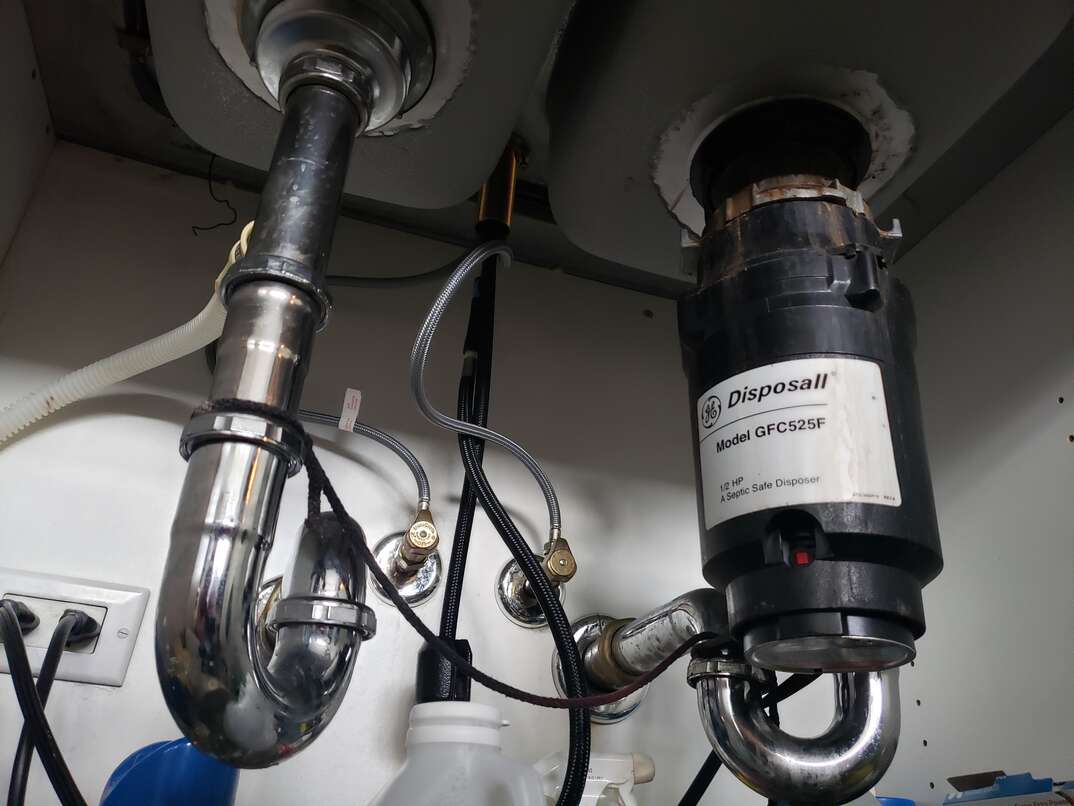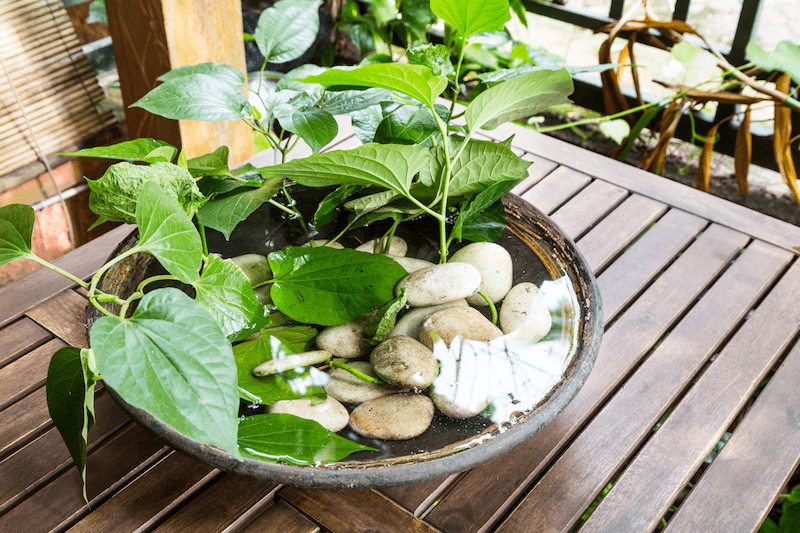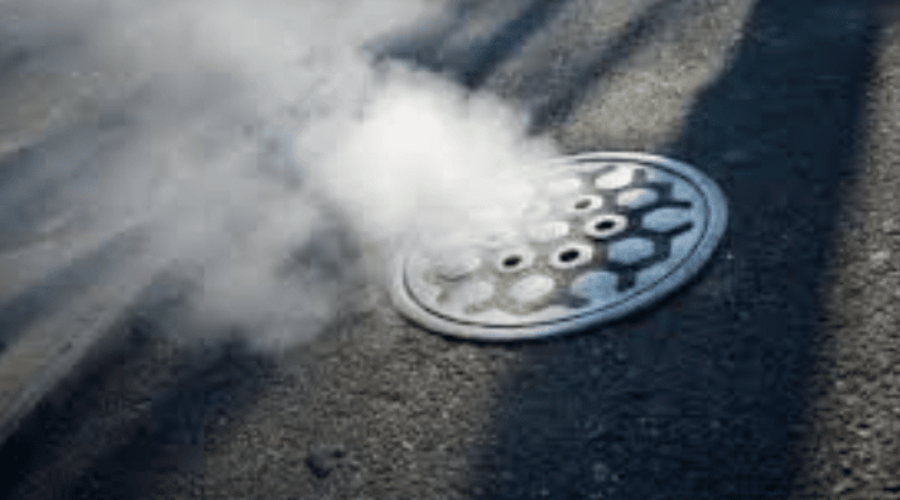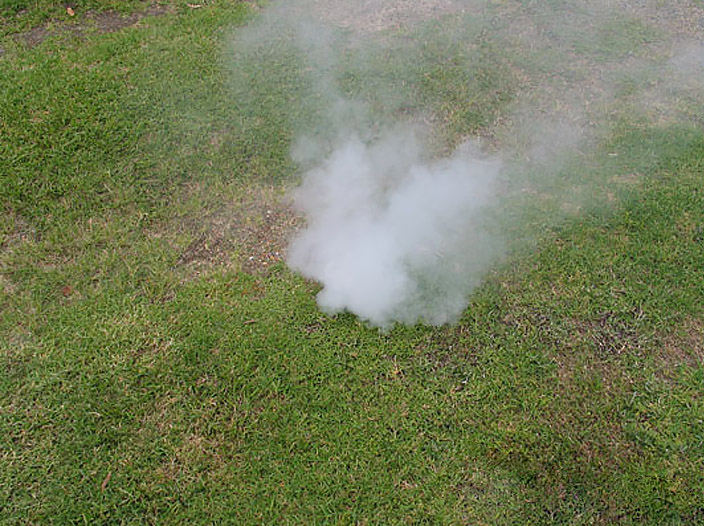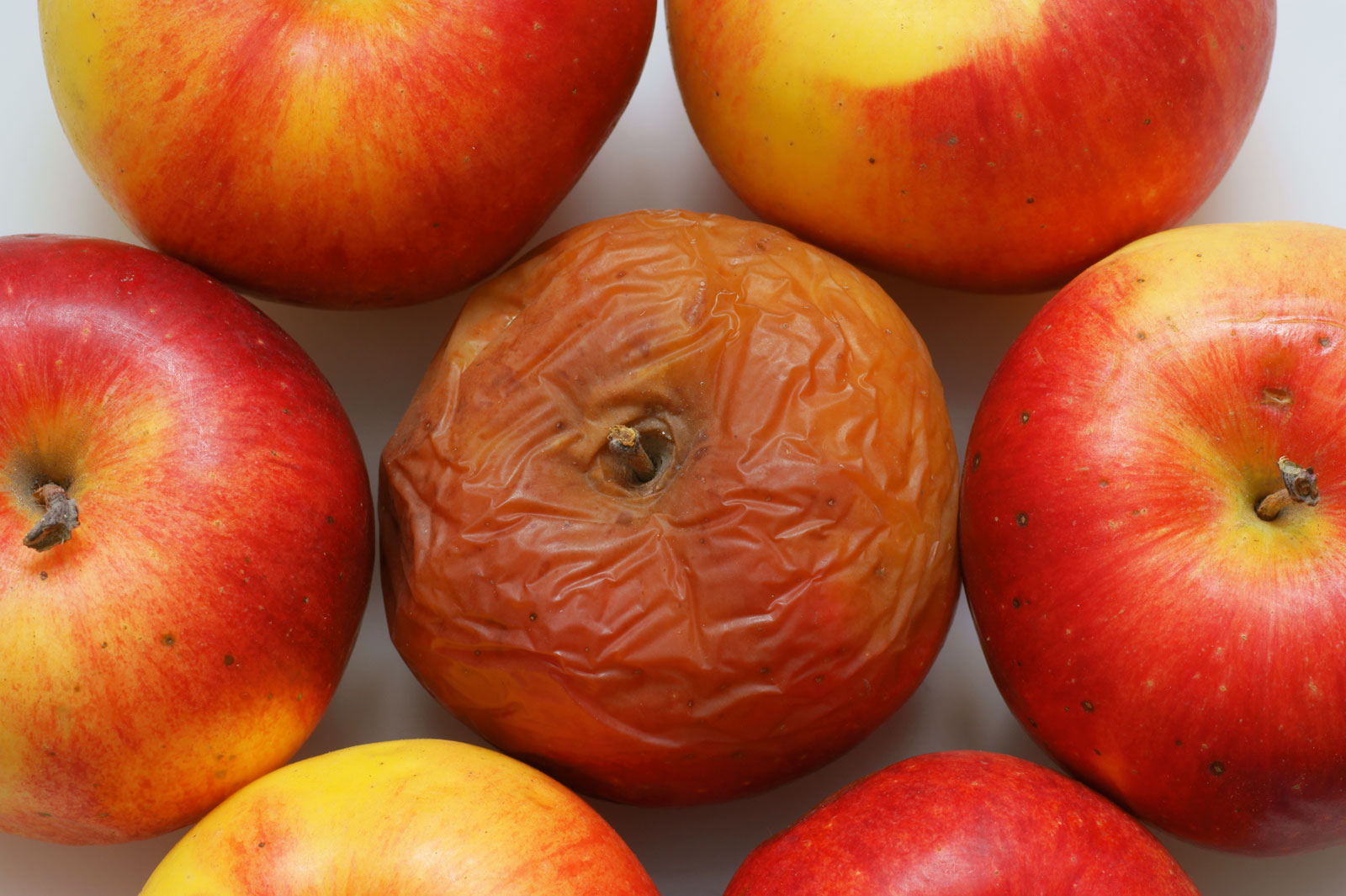If you're noticing a strong odor coming from your kitchen sink, the first culprit to check for is a clogged drain. A clog can cause water and food debris to become trapped in the pipes, leading to a buildup of bacteria and unpleasant smells. This can also be a sign of a larger plumbing issue, so it's important to address it as soon as possible.1. Clogged Drain
The warm, moist environment of your kitchen sink provides the perfect breeding ground for bacteria. Over time, these microorganisms can accumulate and create a foul smell. Regularly cleaning your sink and disinfecting it with antibacterial products can help prevent bacteria buildup and keep your sink smelling fresh.2. Bacteria Buildup
It's easy for food debris to get stuck in the drain or garbage disposal, especially if you don't have a strainer to catch larger pieces. This can quickly lead to a stinky sink. Make sure to regularly clean out your drain and dispose of any food scraps properly to avoid this issue.3. Food Debris
Grease and oils from cooking can also contribute to the unpleasant odor in your kitchen sink. These substances can coat the inside of your pipes, causing a buildup that can trap food and bacteria. To prevent this, avoid pouring grease down the drain and use hot water and a grease-cutting soap to clean your sink regularly.4. Grease Accumulation
If your kitchen sink is constantly wet, it can be a breeding ground for mold. This can cause a musty odor and also pose a health risk. To prevent mold growth, make sure to dry your sink after use and regularly clean it with a mold-killing cleaner.5. Mold Growth
If your kitchen sink has a garbage disposal, it could be the source of the odor. Over time, food particles can get stuck in the disposal and start to rot, creating a foul smell. Consider cleaning your disposal regularly with lemon or vinegar to eliminate any odors.6. Old Garbage Disposal
Stagnant water in your sink can also contribute to a musty smell. This can happen if you have a leak or if the water isn't draining properly. If you notice water sitting in your sink for an extended period, it's important to address the issue and fix the cause of the stagnant water.7. Stagnant Water
If the smell coming from your kitchen sink is particularly pungent and resembles sewage, it could be a sign of a gas leak. This can occur if the trap in your sink's plumbing has dried out or if there is a crack in the pipes. It's important to address this issue immediately as sewer gas can be hazardous to your health.8. Sewer Gas Leak
One often overlooked cause of kitchen sink odor is a dirty dishcloth. A damp cloth left in the sink can quickly become a breeding ground for bacteria and mold, leading to a foul smell. Make sure to regularly wash your dishcloths and keep them out of the sink when not in use.9. Dirty Dishcloth
Finally, the most obvious cause of a smelly kitchen sink is rotten food. If you accidentally left food scraps in the sink or garbage disposal, they can quickly start to rot and create an unpleasant odor. Make sure to thoroughly clean your sink and disposal after use to avoid this issue. In conclusion, there are several reasons why your kitchen sink may have an unpleasant odor. By regularly cleaning and maintaining your sink, you can prevent these issues and keep your kitchen smelling fresh. If the smell persists, it may be a sign of a larger plumbing issue that requires professional assistance.10. Rotten Food
Why is there a Foul Odor Coming From Your Kitchen Sink?

The Culprits Behind the Smell
 If you've noticed a funky smell coming from your kitchen sink, you're not alone. This is a common issue that many homeowners face and it can be quite unpleasant. But what exactly is causing this odor in your kitchen sink? There are a few possible culprits that could be to blame.
Bacteria
is the most likely cause of the odor. There are countless types of bacteria living in your kitchen sink, and some of them can produce a foul smell. When food particles and other organic matter get trapped in your drain, they provide the perfect breeding ground for bacteria to thrive. As they break down this debris, they release gases that contribute to the unpleasant smell.
Another possible cause is a
buildup of food debris
in your drain. Over time, small particles of food can get stuck in your sink's drain and pipes, creating a smelly and potentially clogged mess. This can be especially problematic if you have a garbage disposal, as food scraps can easily get stuck in there as well.
A
lack of ventilation
can also contribute to the odor coming from your kitchen sink. If your sink doesn't have proper ventilation, the gases from your drain won't be able to escape and will instead linger in your kitchen. This can be particularly noticeable if you have a double sink, as the gases may get trapped in the second sink and create a strong smell.
If you've noticed a funky smell coming from your kitchen sink, you're not alone. This is a common issue that many homeowners face and it can be quite unpleasant. But what exactly is causing this odor in your kitchen sink? There are a few possible culprits that could be to blame.
Bacteria
is the most likely cause of the odor. There are countless types of bacteria living in your kitchen sink, and some of them can produce a foul smell. When food particles and other organic matter get trapped in your drain, they provide the perfect breeding ground for bacteria to thrive. As they break down this debris, they release gases that contribute to the unpleasant smell.
Another possible cause is a
buildup of food debris
in your drain. Over time, small particles of food can get stuck in your sink's drain and pipes, creating a smelly and potentially clogged mess. This can be especially problematic if you have a garbage disposal, as food scraps can easily get stuck in there as well.
A
lack of ventilation
can also contribute to the odor coming from your kitchen sink. If your sink doesn't have proper ventilation, the gases from your drain won't be able to escape and will instead linger in your kitchen. This can be particularly noticeable if you have a double sink, as the gases may get trapped in the second sink and create a strong smell.
How to Get Rid of the Smell
 Now that you know the potential causes of the odor in your kitchen sink, it's time to address the issue. The first step is to
clean your drain and pipes
. You can use a commercial drain cleaner or make your own using a mixture of baking soda, vinegar, and hot water. This will help remove any buildup and kill off any bacteria.
To prevent future odors, it's important to
properly dispose of food scraps
and avoid putting any items down your drain that could contribute to clogs. You should also
regularly clean and disinfect your sink
, including the drain and garbage disposal if you have one.
If ventilation is an issue, you may want to consider
installing an exhaust fan
or adding a window near your sink to help improve air circulation. You can also try
pouring baking soda or lemon juice
down your drain to help neutralize any odors.
In conclusion, a foul odor coming from your kitchen sink can be a nuisance, but it's not an uncommon problem. By addressing the potential causes and taking preventative measures, you can eliminate the smell and keep your kitchen smelling fresh and clean.
Now that you know the potential causes of the odor in your kitchen sink, it's time to address the issue. The first step is to
clean your drain and pipes
. You can use a commercial drain cleaner or make your own using a mixture of baking soda, vinegar, and hot water. This will help remove any buildup and kill off any bacteria.
To prevent future odors, it's important to
properly dispose of food scraps
and avoid putting any items down your drain that could contribute to clogs. You should also
regularly clean and disinfect your sink
, including the drain and garbage disposal if you have one.
If ventilation is an issue, you may want to consider
installing an exhaust fan
or adding a window near your sink to help improve air circulation. You can also try
pouring baking soda or lemon juice
down your drain to help neutralize any odors.
In conclusion, a foul odor coming from your kitchen sink can be a nuisance, but it's not an uncommon problem. By addressing the potential causes and taking preventative measures, you can eliminate the smell and keep your kitchen smelling fresh and clean.











/cdn.vox-cdn.com/uploads/chorus_asset/file/19616741/drain_xl_0.jpg)





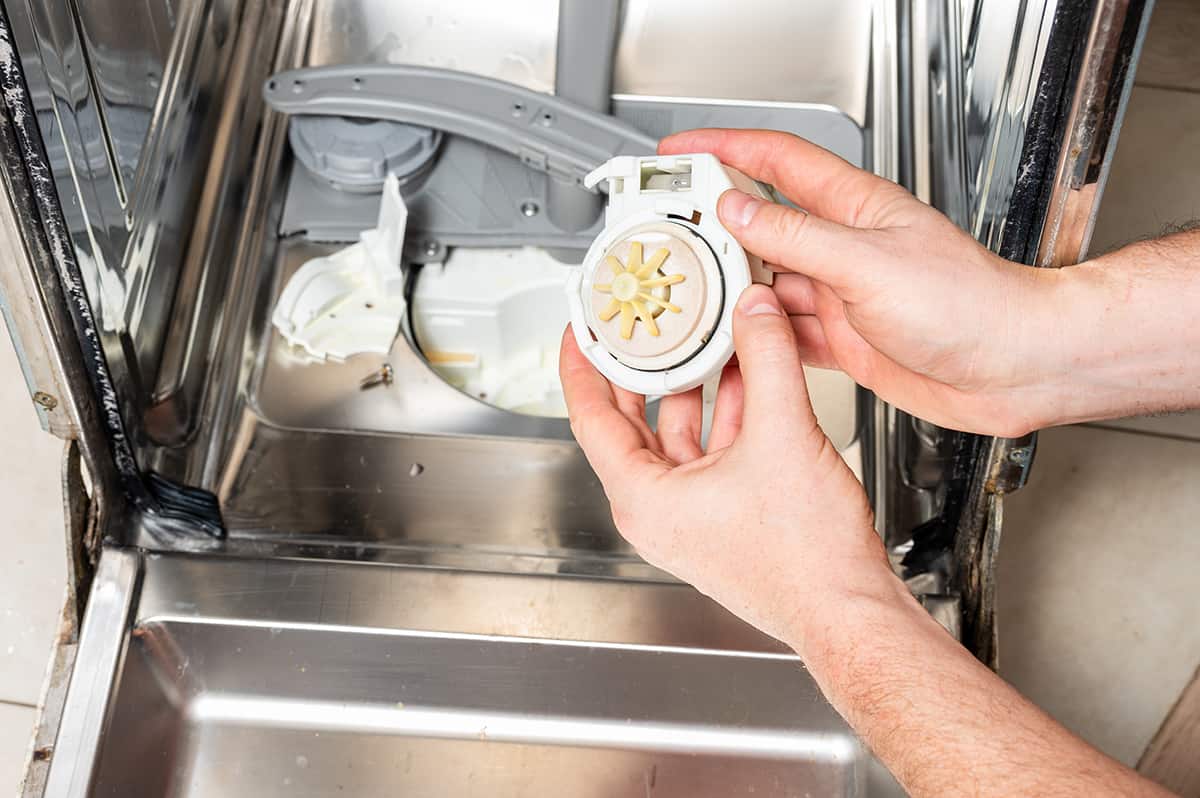
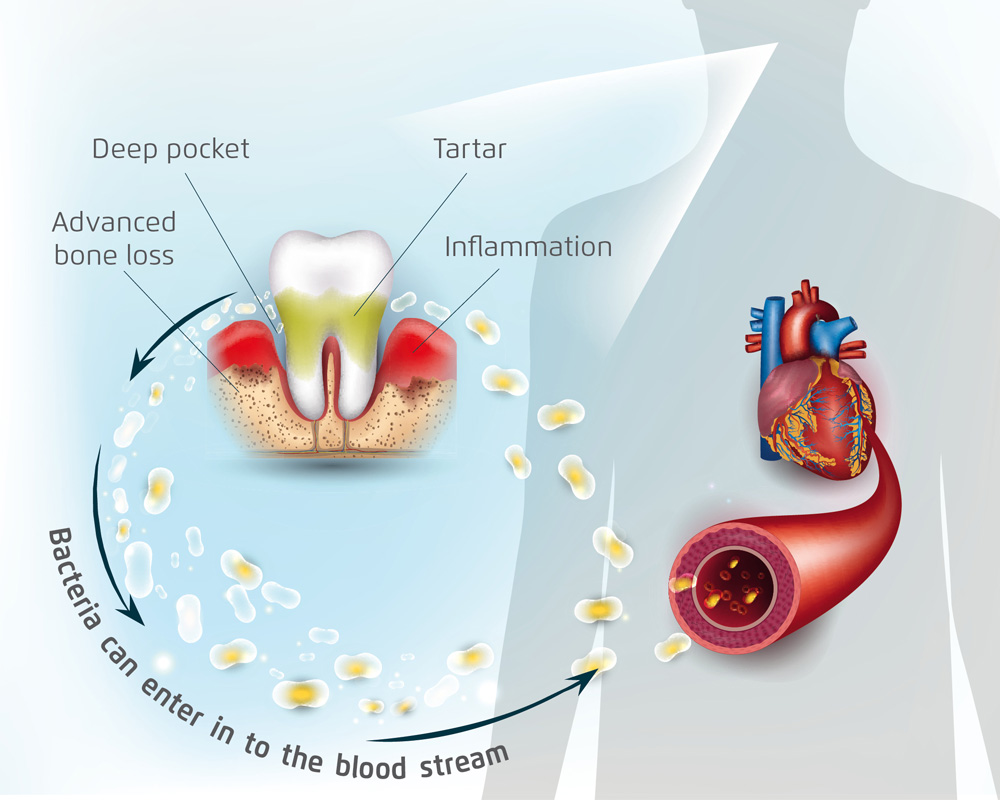
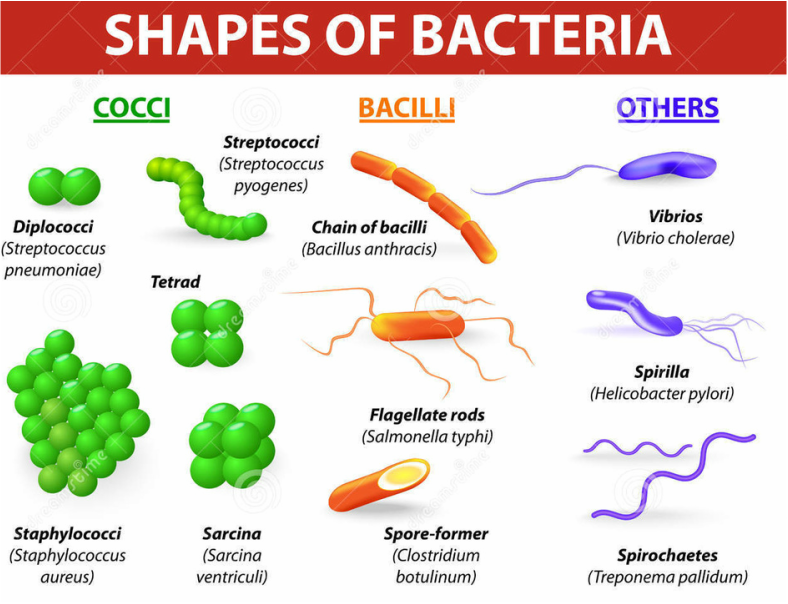








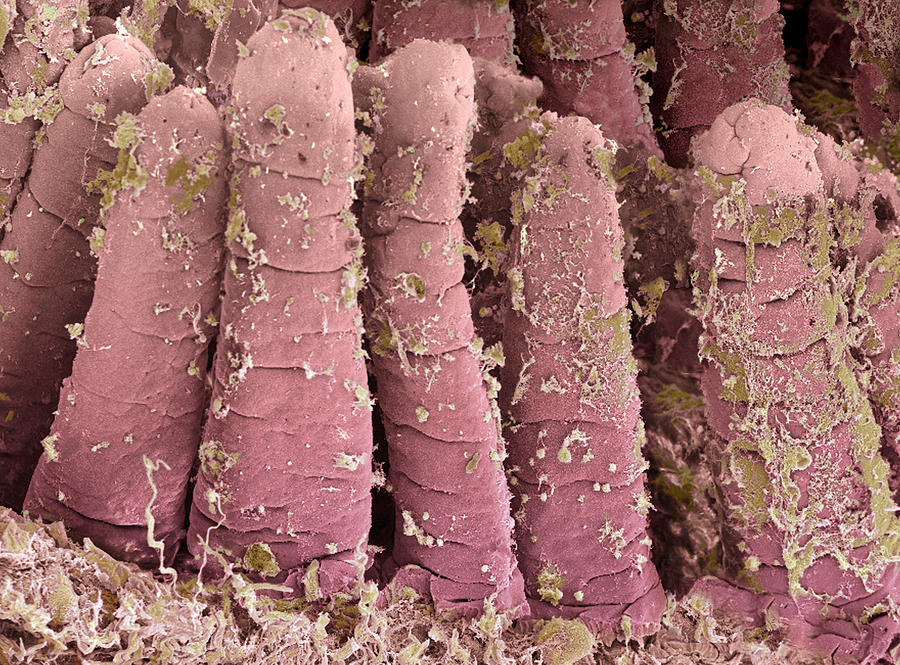






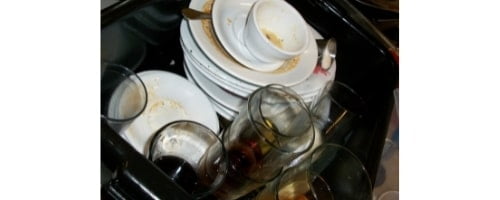


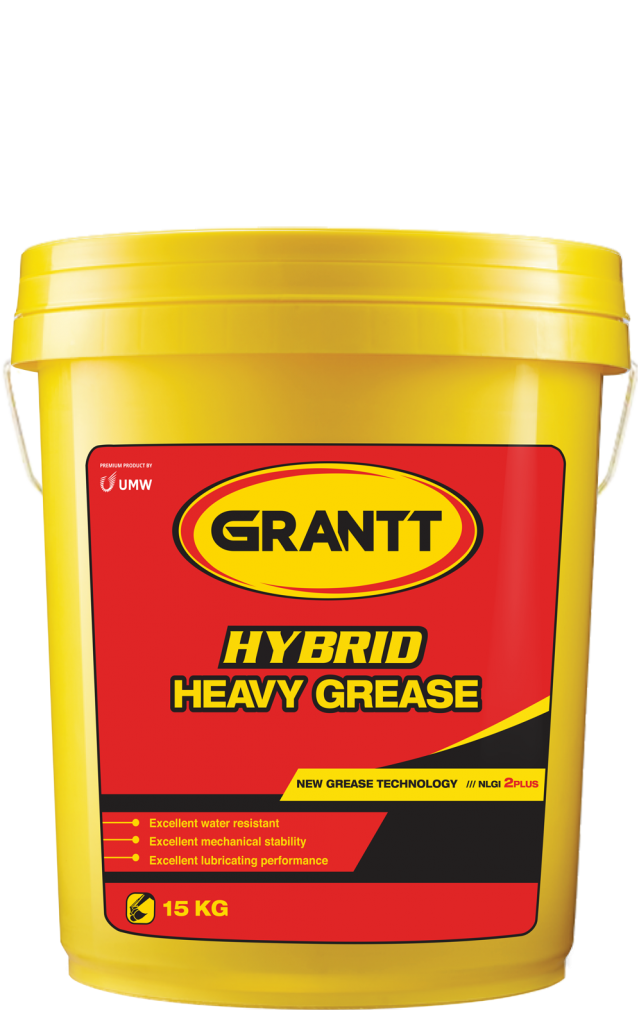


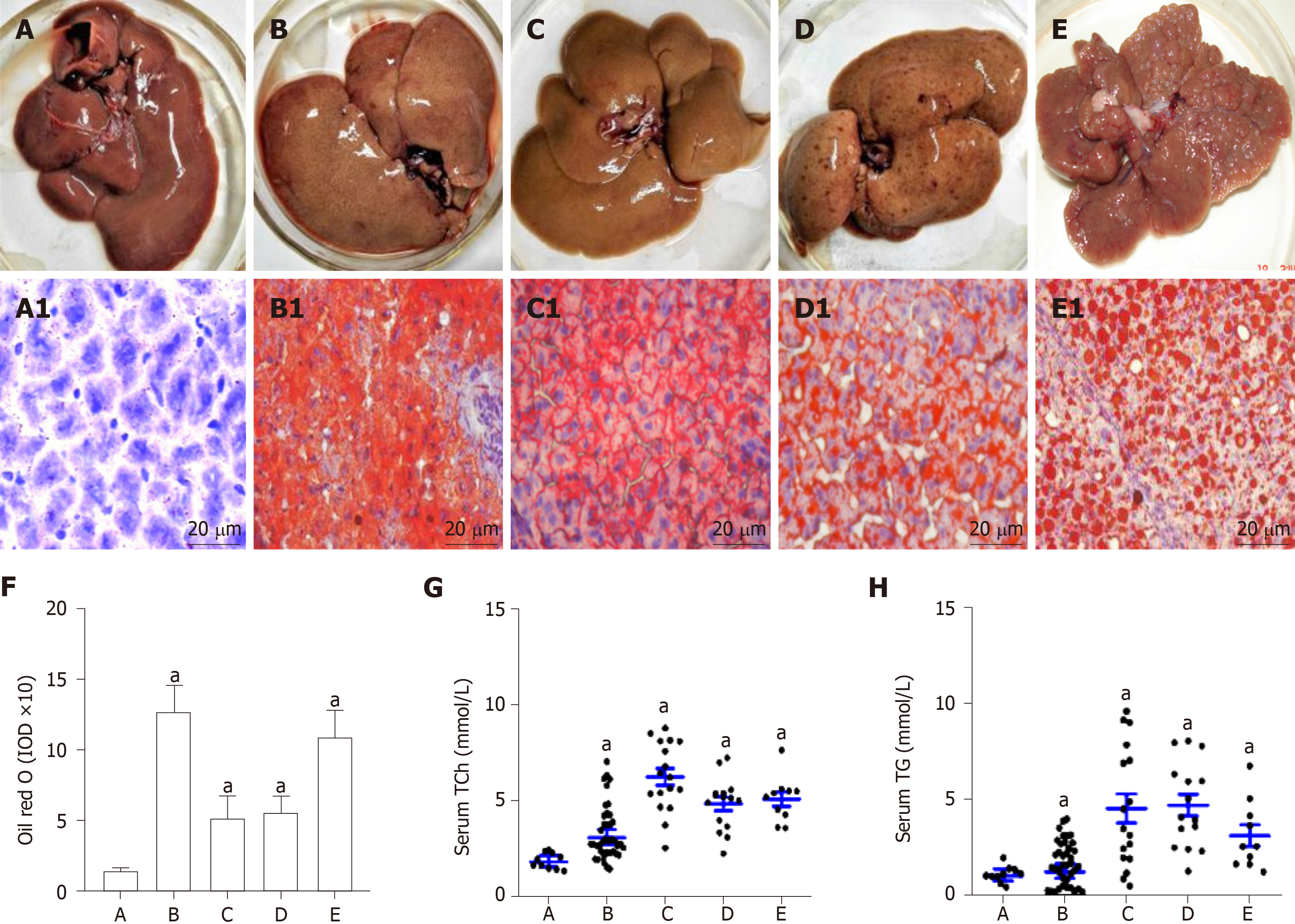


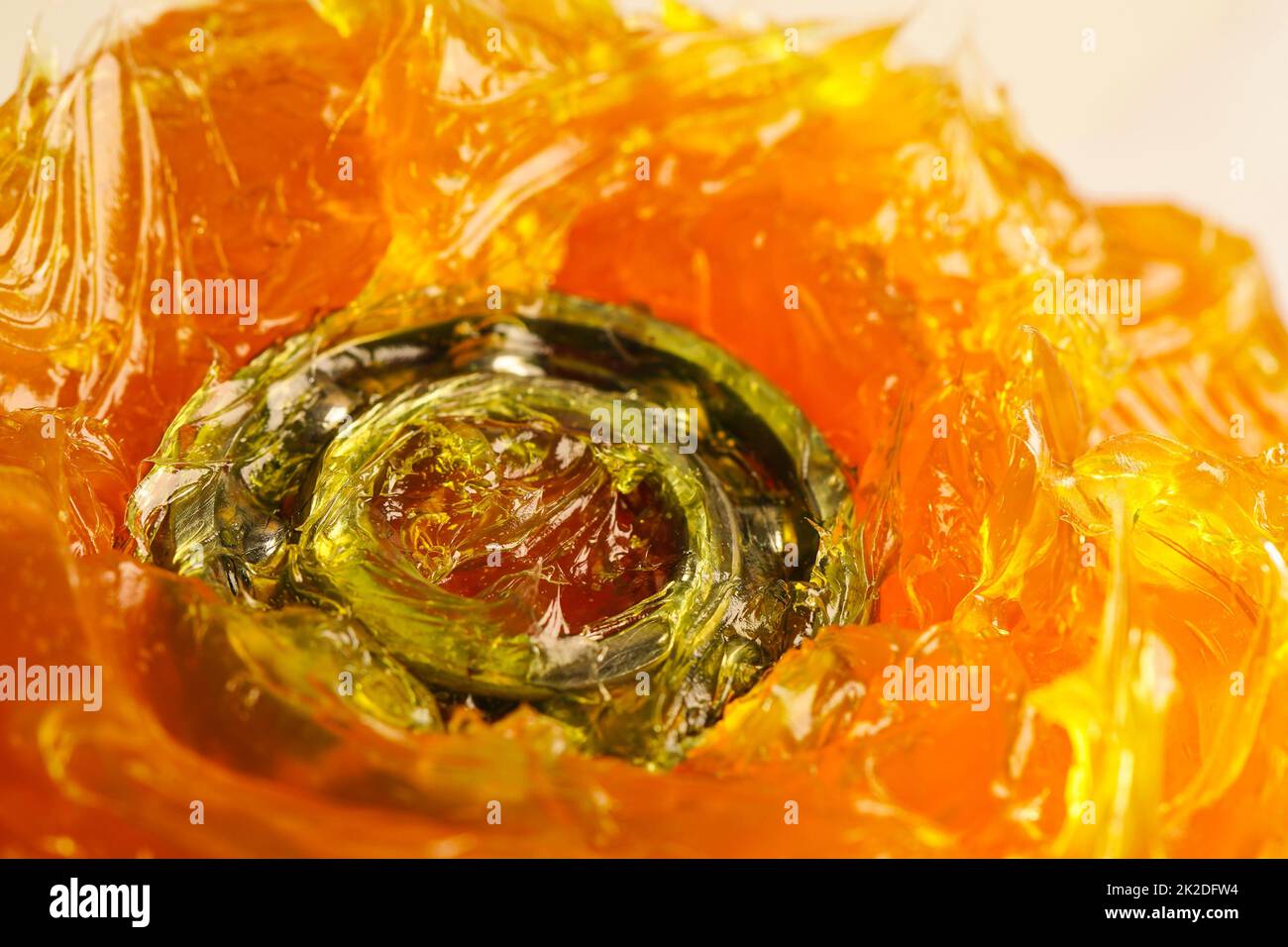




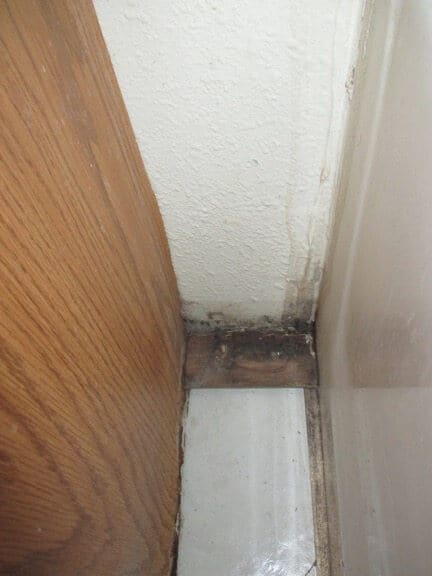




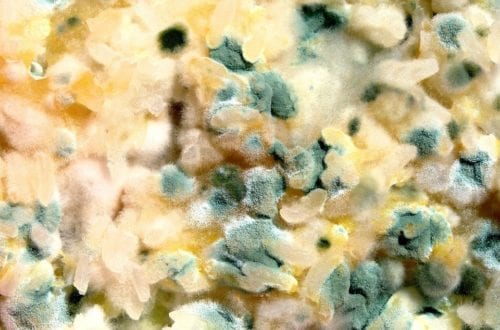


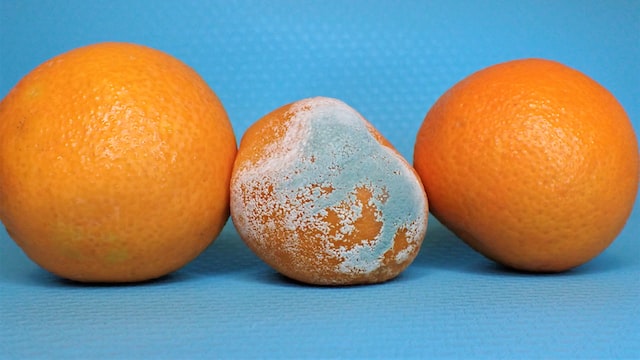


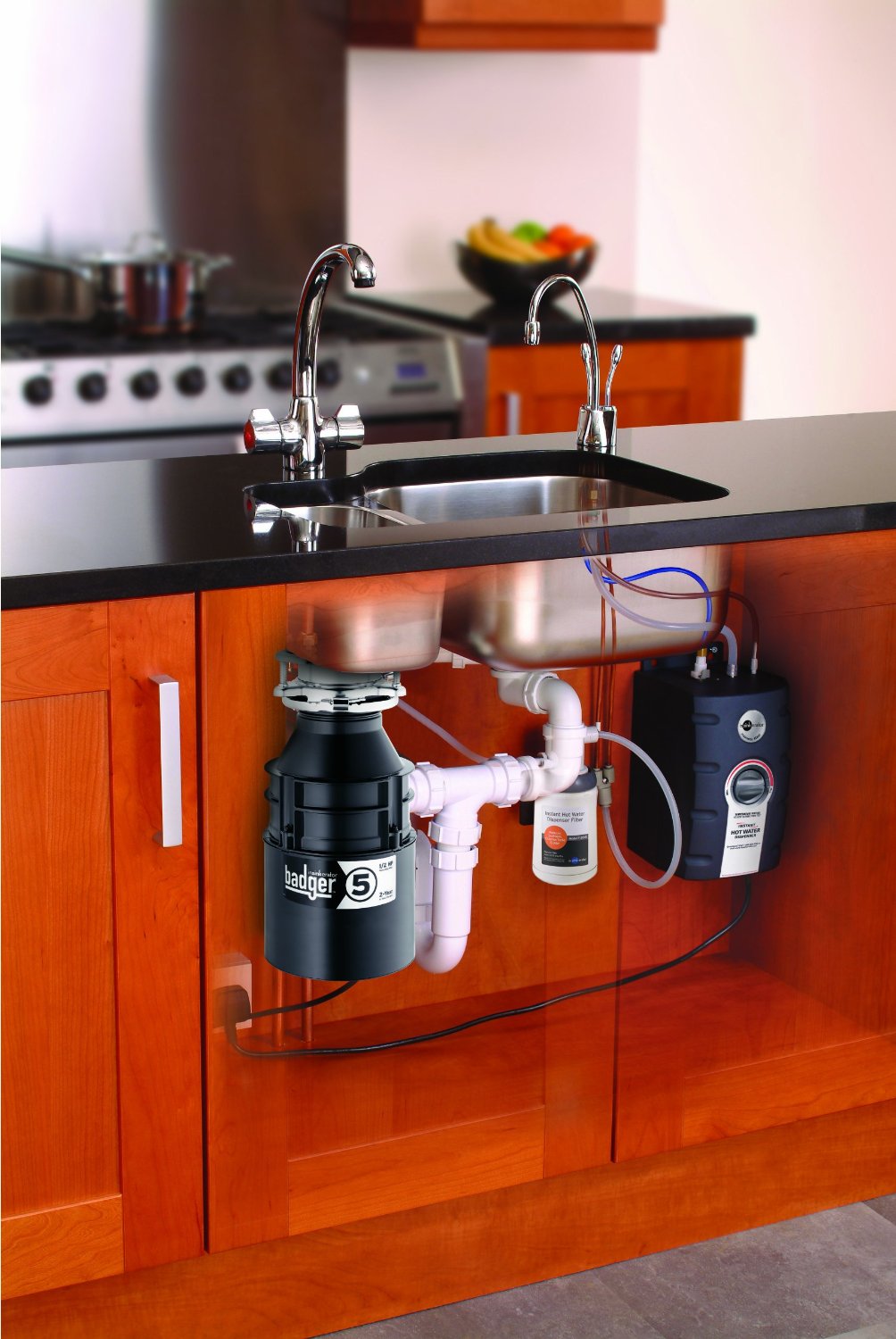
/garbage-disposal-installation-1824830-hero-1dcd7b5b05d44a2cb367e31692500c8c.jpg)




